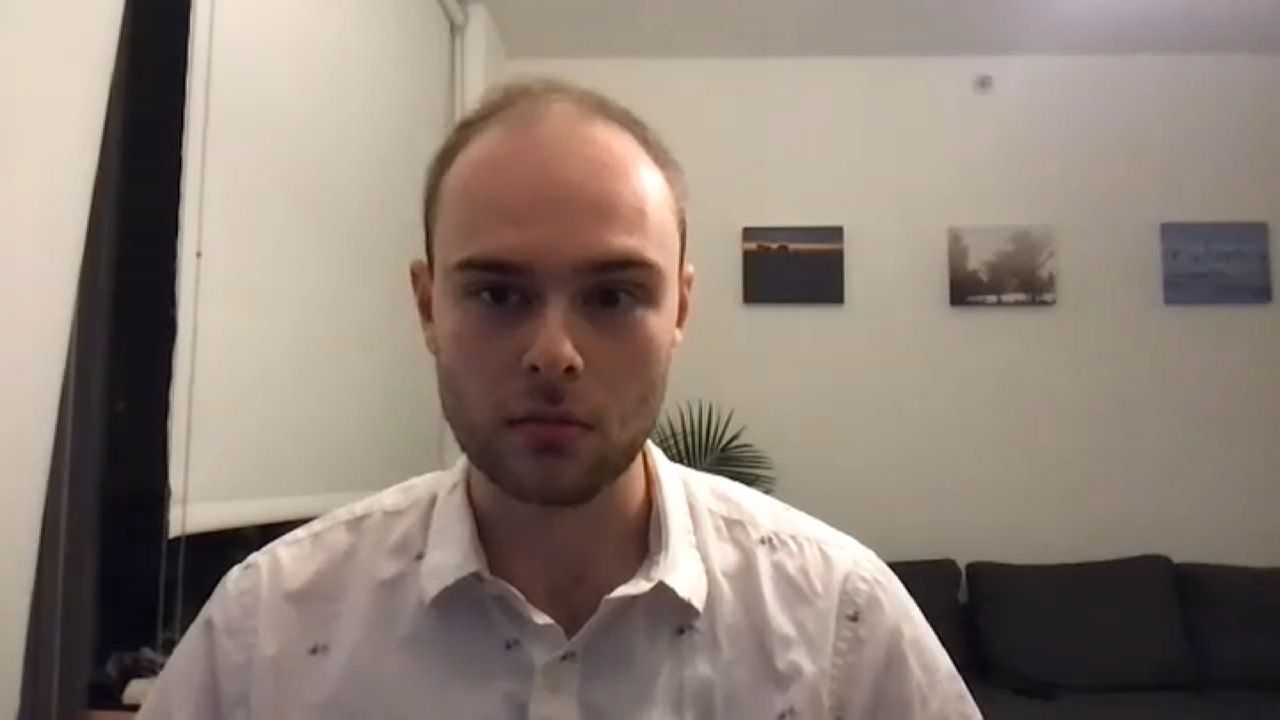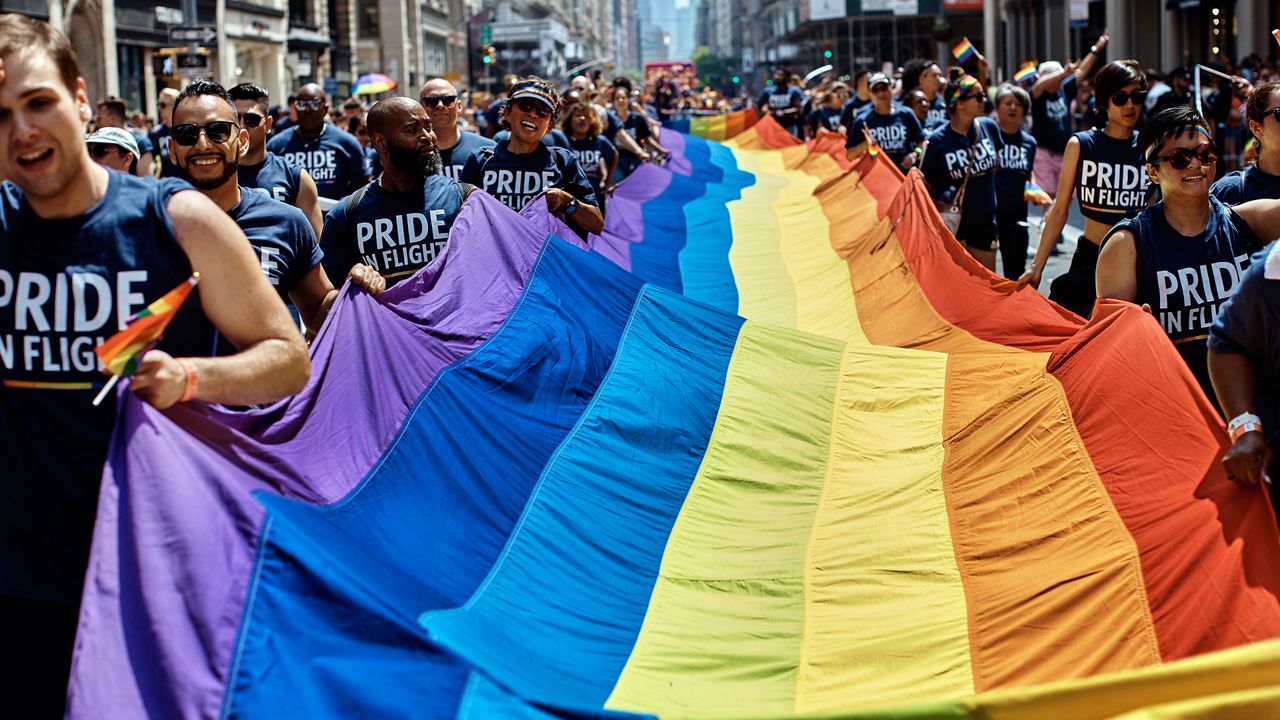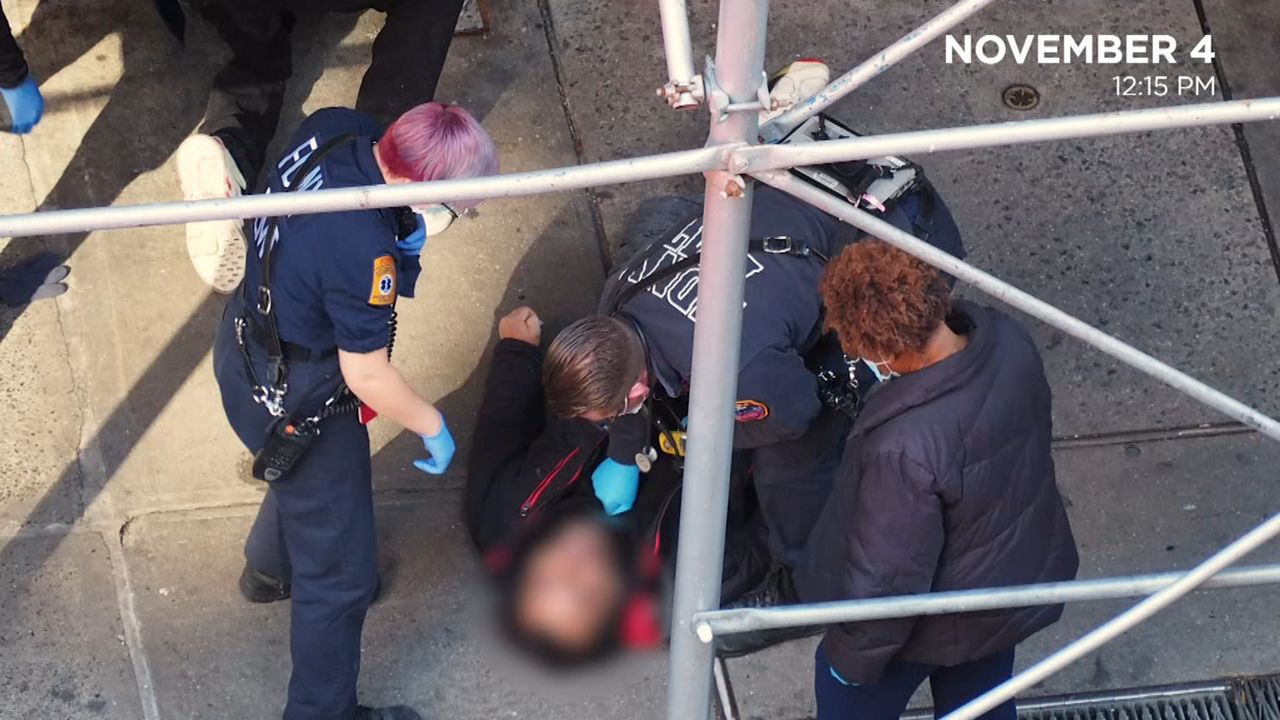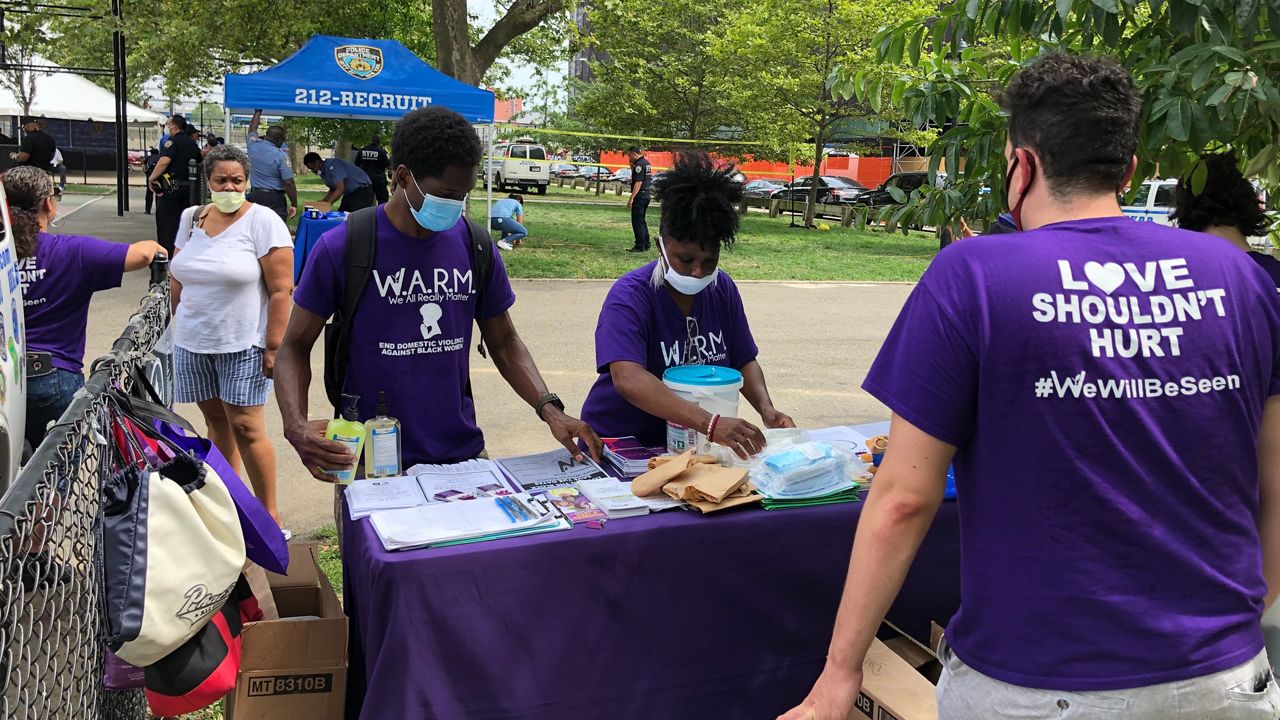Organizations like Day One, which provides emergency assistance to young victims of domestic violence, have seen a surge of people reaching out for help since the city entered Phase One of its reopening 10 days ago.
What You Need To Know:
- Reports of domestic violence statewide jumped 30 percent in April, as the number of people staying at home because of the virus surged.
- But Stephanie Nilva, the executive director of Day One says that number is just the tip of the iceberg. Because the data is reliant on police reports, many incidents could be going unreported.
- Young people from the ages of 16 to 24 suffer the highest rates of domestic violence nationally.
Executive Director Stephanie Nilva says helping all victims in need during the pandemic has been difficult.
“No matter how good our outreach is, we know that there are survivors that are unable to reach out for help that we cannot get to with information and that are isolated in a household, their devices may be being monitored. They do not get to spend time alone,” said Nilva.
Nilva says young people from the ages of 16 to 24 suffer the highest rates of domestic violence. Day One specifically works with people younger than 25, typically young adults who may be living with an abusive partner and children. And also teenagers, who have a unique set of challenges.
“Who under the best of circumstances experience dramatically high rates of technology abuse in addition to physical harm, sexual assault and so on,” said Nilva.
Nilva says day one has social workers in city high schools to help teenagers, but with schools closed during the pandemic, it can be hard for students in need to connect with a trusted adult.
She says reports of domestic violence statewide jumped 30 percent in April, as the number of people staying at home because of the virus surged. But she says the actual number probably is higher.
“Experts know this is not representative of what the occurrence is. We know there are people who aren’t reaching out for help, and also communities where there is over-policing and environments where when police are called, a police report doesn’t result. So different communities, particularly based on race are experiencing different things,” said Nilva.
Now Nilva and her team are bracing themselves for an influx of calls for help, once the city moves into Phase Two of reopening later this month and more people live their homes.
If you or someone you know is in need of help — you can visit DayOneNY.org or call the city’s emergency domestic violence hotline at 1-800-621-HOPE.









